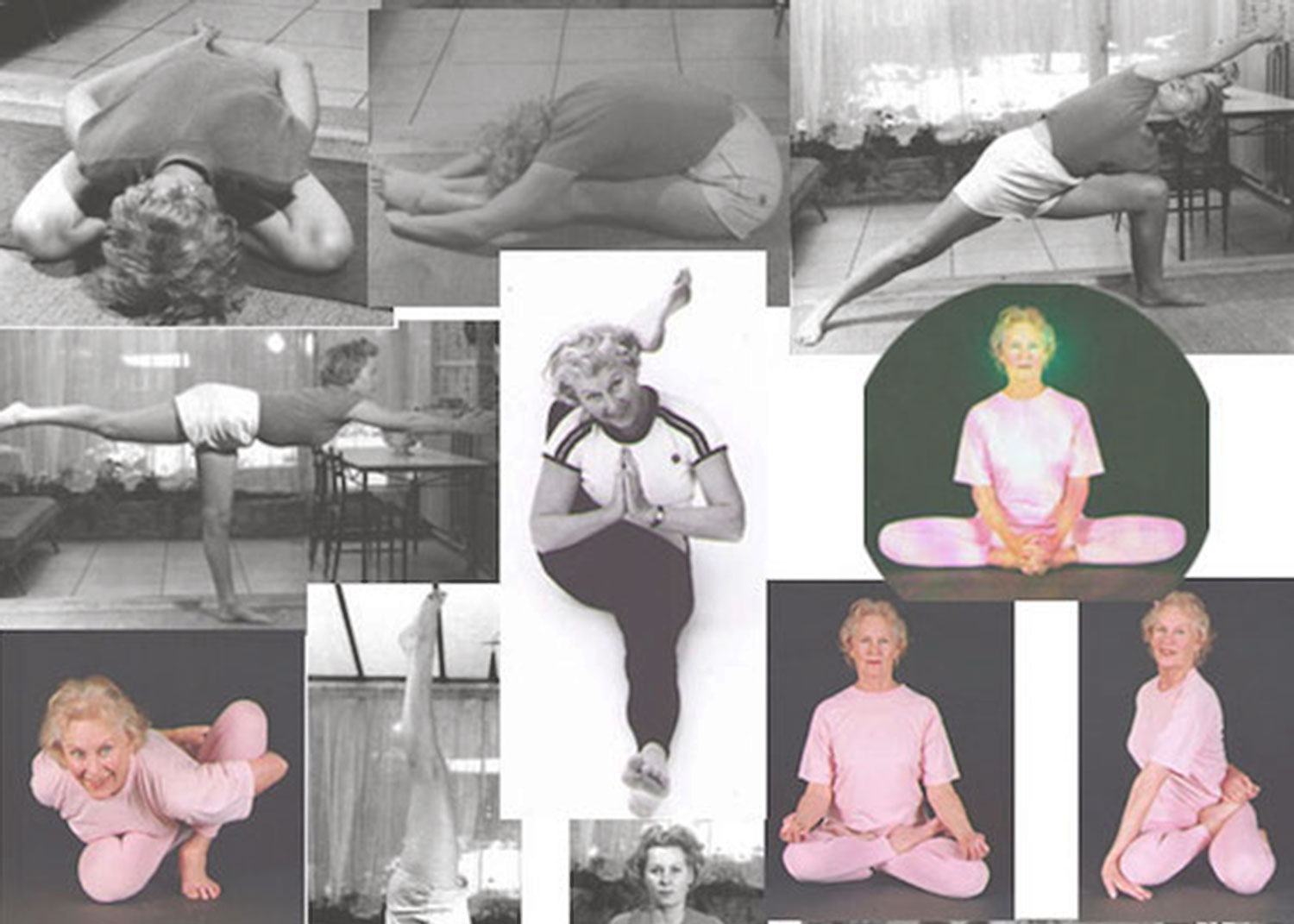
Archive
On yoga and similar subjects
American Dharma
After dropping nuclear bombs on Japan, Americans hungered for its wisdom. The spiritual teachings they lapped up as Zen owed as much to interpreters as to ancient Asian ways. These mystical insights helped dropouts and "squares" to find new meaning. They also fired up debate on transcendent experience. But beguiling suggestions of change in social order petered out. Buddhism quietly endured. It's resurgent today in psychologised mindfulness. Practice might help free our minds, but where that leads is up to us.
Why Practise Postures?
Modern yoga is synonymous with postures. Hardly any of these are described in ancient texts. They get performed for a mix of contradictory reasons, from working out (and showing off the results) to quests for internal transformation. The latter are in keeping with tradition. Physical practice began with ascetics, whose austerities had esoteric rationales. They got combined in the 20th century with health and fitness. Disentangling who does what, let alone why they do it, became more complicated.
Why I Do What I Do
The Iyengar style of yoga is precise. It lines up the body to still the mind and access insight. It's renowned for strictness and control. Its founder, B.K.S. Iyengar, was bullied by his guru. He passed this fierceness on to students via his family. Their teaching is often dogmatic: it seeks obedience in the name of liberation. It's helped me a lot, but I find it stifling in some ways. I've learned to combine it with other techniques. No approach to yoga works for everyone; to be devoted means exploring for oneself.
Experience As Evidence
Practitioners and scholars can see the world through different lenses, which are challenging to reconcile. We cannot observe what another perceives, just what they say about it, or the neural activity it entails. The experience of insight amounts to: "I do not think, therefore it is." And yet precisely what it is, we cannot say. Academics still need to engage with first-hand evidence. More subjective research should be inter-subjective, acknowledging fluidity between observers and the observed.
Postcard From Rishikesh
Straddling the Ganges, beneath Himalayan foothills, Rishikesh calls itself "Yoga Capital of the World". As Yoga Journal tells visitors: "your destination is ultimately the Self.” Spending a morning in one of its cafes makes this clear: plenty of tourists are getting absorbed in self-indulgence, along with higher-minded matters (sometimes drug-fuelled). Still, it's a beautiful place, and you can train to teach yoga in less than a month, with no experience. Which isn't to say there aren't good local teachers...
China: Yoga Superpower
A decade ago, hardly anyone in China practiced yoga. Now it's almost as popular as in America. Recently, China and India staged a "yoga summit". Aged 92, B.K.S. Iyengar taught a masterclass. He urged the Chinese to practice deeply, for liberation. The one-party state appears enthused. Yoga isn't seen as a threat like Falun Gong, or the Dalai Lama; it supports "social harmony". Besides, a summit organiser said: "China has a tradition of embracing foreign cultures and making them its own. That's why it's been so vibrant."
Pioneering Yogini
Last year, I met one of the world's first Iyengar yoga teachers. She attended B.K.S. Iyengar's first class in London, and was accredited at once, although she was an inexperienced housewife. When she started, hardly anyone taught yoga. To learn, you'd have to study in an ashram, or read an esoteric book. That's what Diana Clifton did. The tome that led her to Iyengar was also written by a woman - Indra Devi. Like Diana, she'd once been exhausted and frustrated, but wrote about how yoga changed her life.
How I Found Yoga
In some ways, my first proper yoga class was dull. I didn’t spontaneously levitate; nor were we asked to try, let alone fail, to wrap our knees behind our heads and lie down. Instead, we lined up on what felt like carpet underlay, in a room that resembled my junior school assembly hall. Back then, I was unemployed and depressed, smoking too much dope. The practice helped to quieten my mind and freed up space for new ideas. I felt re-energised, and eager to return. Many years later, I'm still learning.







